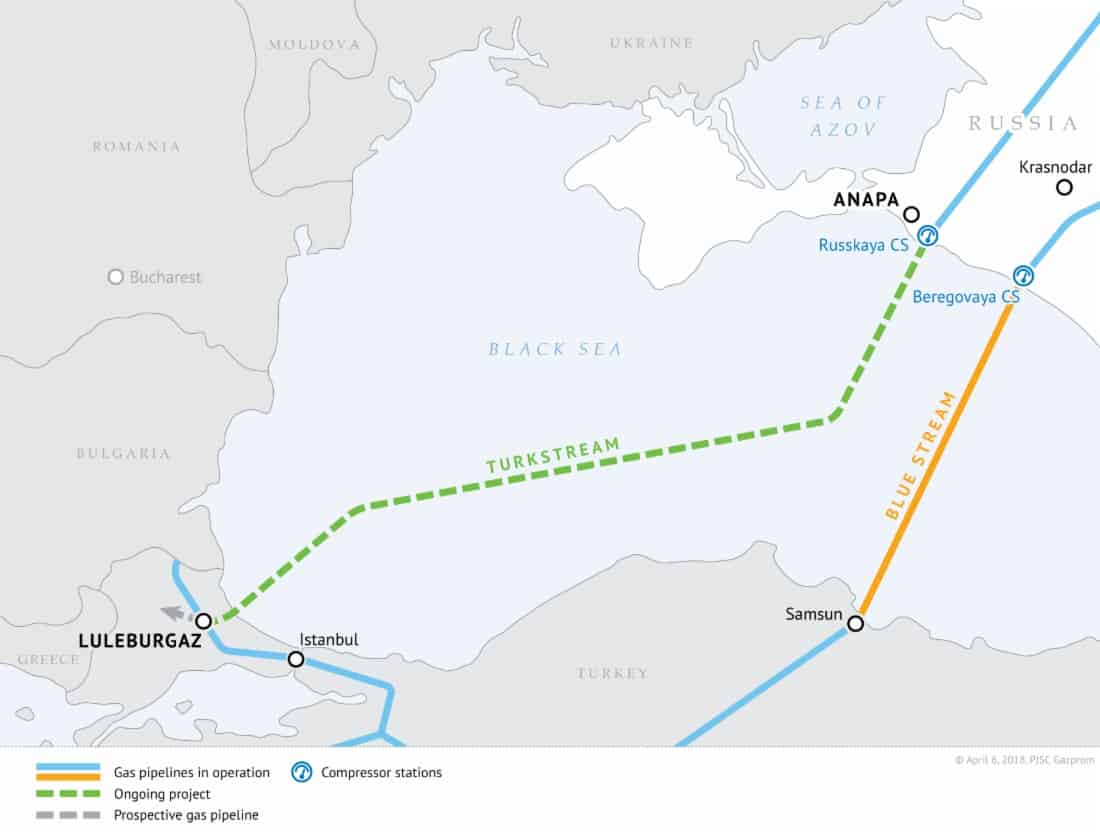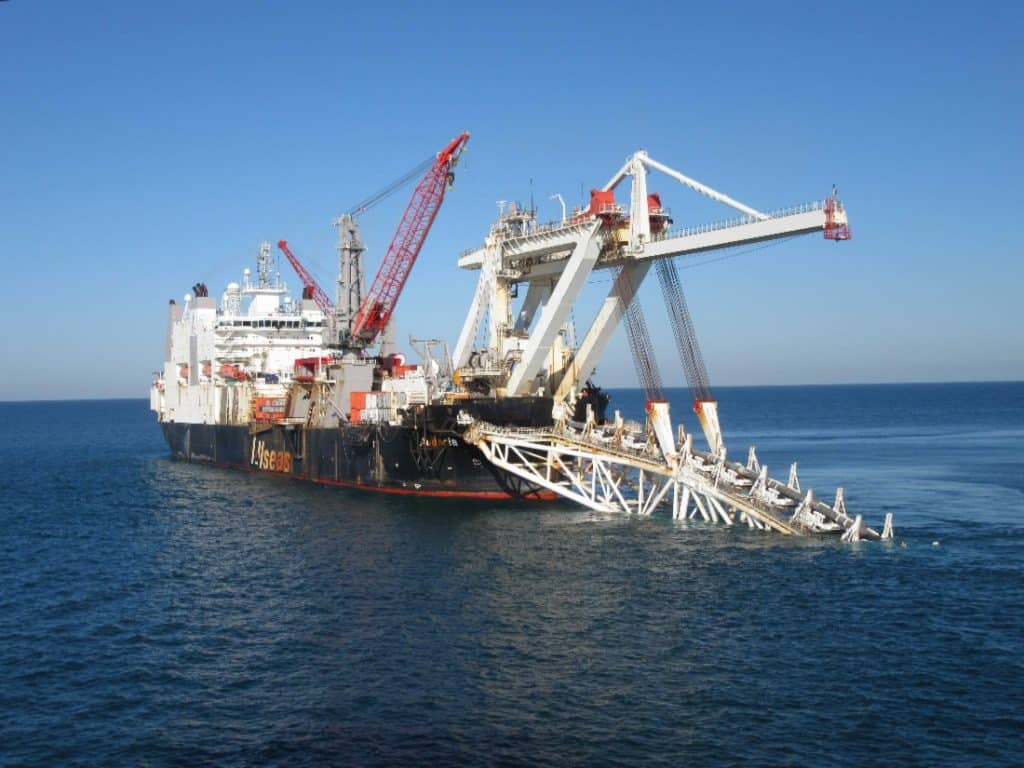The Balkans is seen as one of the most complex regions in Europe. There have been numerous armed conflicts and various political disputes. The area has always been in turmoil. Moreover, economic prosperity had a significant influence on the current situation.
However, with the planned Turkish Stream, the Balkans may become an important gas corridor for Europe. This may also lead to increased energy and regional dependence from the Russian Federation. Moreover, this project can also implicate a more Russian influence in the Balkans.
The Political Situation
The Turkish Stream represented a big success. Especially in the process of improving the Russo-Turkish relations. Moreover, Turkey will have a broad spectrum of benefits from this gas line. To be more specific, Turkey does not have its own gas and oil sources. Therefore, the Turkish economy is strongly dependent on the cheap Russian gas. Also, the Turkish stream will enable official Ankara to be the main energy supplying hub for the Balkan States. This will increase the Turkish political influence. And its economic influence in the Balkans.
On the other side, Bulgaria officially asked to be part of the Turkish Stream. However, the geostrategists in the Kremlin will take a more careful approach regarding Bulgaria.
The Bulgarian authorities followed the European policies earlier. The Borisov government cancelled the so-called South-Stream. Therefore, from a geopolitical and economic view, the Bulgarian government may be seen as an untrustworthy partner.
However, the geographical position of the Varna Port in Bulgaria is the preferred transit option.
This is the Bulgarian advantage in this situation. The Bulgarian side has close cooperation with Greece. The Borisov government is aiming to connect to the Turkish Stream through the Greek connector. Therefore, it can avoid direct cooperation with Russia.
The Russian and Balkan Benefits
Another possible route is through the European part of Turkey and then through Greece. This Trans-Adriatic Project can have many geopolitical benefits for official Moscow. The first and foremost is that the gas line can create an interconnector. Through Turkey, Greece and Albania the Russian gas can reach Italy. The other Western markets too. Also, the transit can head north through Macedonia, Serbia, Hungary. Therefore, it can reach Austria. This opens up new route options for the Russian side.
The Russian geostrategic ambitions are closely related to its energy exports.
The Turkish stream will decrease the dependence on the Ukrainian territory for transit.
Greece and Albania will also be able to capitalize on this. It will enable both states to have cheap Russian gas. Moreover, the transit fees can be seen as an additional income for their stagnating economies.
Also, Serbia and Macedonia will have a broad benefit. Both states have stagnating economies. Therefore, the cheap gas will galvanize their domestic industries.
Possibility for Increased Russian Influence
Nevertheless, this issue needs to be analyzed through the prism of the geopolitical implications.
The possibility of increased energy dependence from Russia may be negative. It may result in an increased Russian political influence. As we have seen in the case of Ukraine, being dependent on Russian gas can be a complex issue.
Also, it is important to emphasize that Russia is already the dominant gas provider to the Balkan countries.
Moreover, Gazprom has a majority stake in the Serbian national gas supplier already. Additionally, the Russian Lukoil controls the only oil refinery in Bulgaria.
Therefore, an additional dependence on Russian energy may not go well from a political aspect. Especially, since most of the Balkan states are pro EU and NATO.
The EU and US Stance
The United States and the European Union are strongly against this Russian Energetic Expansion.
It is worth mentioning the Bulgarian government cancelled the South Stream gas line under heavy pressure from Brussels.
Simply said, the United States and EU are worried about the Russian energy sector expansions. They see it as a way to spread its geopolitical influence.
Therefore, some of the proposed routes may not happen. This is due to direct pressure from Washington and Brussels.
The American regional influence is still strong and dominant in the Balkans. Therefore, it will be challenging for Moscow to find reliable partners in the Balkans.
Yet, the Balkan States are in no position to pay a premium price for gas from other sources.
The Ukrainian Lesson
It seems that the Balkan states have learned from the Ukrainian scenario. On that note, it is important to emphasize their energy cooperation.
Many of the Balkan countries have signed various energy deals that will optimize their energy sectors.
Moreover, it seems that the various interconnections projects are part of a broader regional strategy.
Thereby, the Balkan nations can avoid dominance of Gazprom on their markets. This, in turn, can significantly decrease the potential Russian influence in the region.
Conclusion
All in all, the Russian cheap gas can be a good energy option for the struggling Balkan States. However, it can also significantly increase the Russian geopolitical influence in this fragile region. Therefore, it is imperative for countries such as Bulgaria, Greece, Serbia and Macedonia to find alternative routes. That strategy will enable them to capitalize on the cheap Russian gas, while still preventing a potential Russian influence in the region.
Image Credit: GAZPROM







